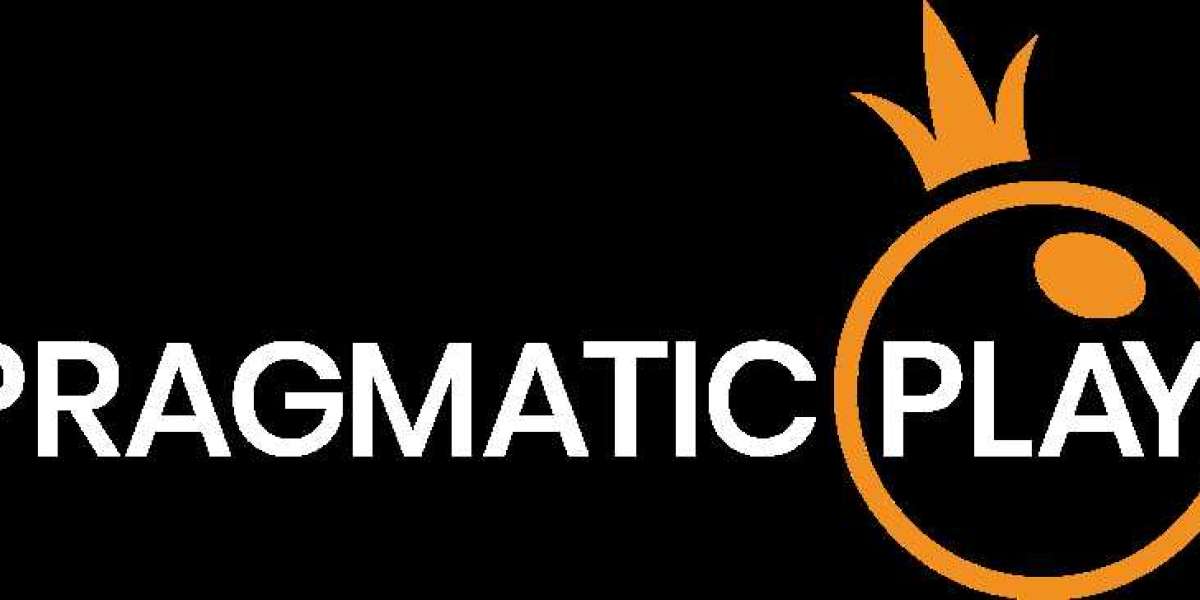 Pragmatics, a word so often used, you may think that you know what it is. However, like many other words in the English language, it's a bit ambiguous.
Pragmatics, a word so often used, you may think that you know what it is. However, like many other words in the English language, it's a bit ambiguous.People who are pragmatic tend to be practical and result-oriented, rather than idealistic dreamers. They are aware that sometimes they will need to compromise their ideals in order to achieve success.
Definition
Pragmatics is an extensive field of study with two primary focuses. The first is the study of what a speaker means and intends by an expression, and the second is the study of how context influences the meaning. Since the beginning of time, the study of pragmatics is a fundamental part of human communication and language. The journal that is scholarly, Pragmatics, was the first publication dedicated to this area.
Pragmatism is a philosophical system that challenges foundationalist orthodoxy. It argues intuitions are always interpreted by concepts and descriptions. Thus, we cannot be able to directly experience reality without filtering our worldviews and beliefs. According to pragmatists, such as Sellars Rorty Putnam and Nelson Goodman we cannot validate theories or worldviews by comparing them with pure, unadulterated sensual experience.
There are many kinds of pragmatics, ranging from the study of speech actions to the study of politeness theories. These areas of pragmatics have been studied with a number of pioneering concepts, including politeness theory, the concept of conversational implicature, and speech actions. The study of pragmatics has become more important with the advent of artificial intelligence and augmented reality have led to more complex interactions with people.
Some pragmatists are more extreme than others. Some argue that the correspondence theory is completely wrong and must be eliminated, while others are more cautious and insist that the conventional theory is uninformative or incomplete. Schiller and Rorty for instance, belong to one camp while Peirce James and Dewey are in the other.
Scholars have studied the development and history of pragmatics by utilising the scientometric and bibliometric indicators. These indicators permit the analysis and identification of the latest developments and trends in the area of pragmatics. For instance the growing importance of cognitive science in the field of linguistic pragmatics. In addition, it's possible to identify the most influential researchers in the field by studying their citation lists. Here are the results of this study. The most well-known scholars are listed below, as are their fields of specialism and the number of citations they have received.
Examples
Pragmatics is an incredibly complex and broad field of study. It covers a variety of human communication issues including inferences about the logical meanings based on communication as well as the semiotics of non-verbal communications. It is also related to other disciplines, like sociology, anthropology, psychology and linguistics. In the latter half of the 20th century, pragmatics grew into an interdisciplinary field, with the influence of anthropological discourse analysis, cognitive-behavioural psychology and linguists.
There are different types of pragmatics, like pragmatics of linguistics and clinical. The former focuses on the use of language and the context in which it is used to make speech, whereas the latter is focused on the interactions between the patient and the clinician. Clinical pragmatics is a multidisciplinary field that has grown rapidly over the past few decades due to advances in health care and more information about speech disorders.
The word"pragmatic" is derived from the Latin pragma meaning "to take up". John Locke was the first to use the term to describe his philosophy. It was later adopted by Charles Sanders Peirce, who called his philosophy pragmatic. Peirce developed his philosophy as a response against analytic theories that Peirce found to be unconvincing.
Peirce's pragmatism was a philosophy that spans a range of disciplines including biology, mathematics and philosophy. It also was influenced by the ideas of other philosophers, such as Dewey and Mead, who were involved in women's rights and social work.
The philosophies that are based on pragmatism may be different, but they all share one common element - the belief that truth is ultimately relative to the individual's perceptions and experience. In linguistic pragmatism this principle is applied to grammar, vocabulary, and pronunciation.
The pragmatism theory has had a significant impact on the areas of sociolinguistics and anthropology, as well as speech-language pathology. These disciplines have contributed to the development of pragmatic language theory which has grown in the course of time to encompass more aspects of human communication. The academic literature in the area of pragmatics has also increased in recent years, and the number of publications is growing. The accessibility of computer programs that can analyze language usage and help to understand human communication has contributed to the growth of this field.
Pronunciation
The philosophy of Pragmatics, a branch of language studies examines the connection between thought and action. Its aims include figuring out how and what people communicate when they speak, what words mean and in what contexts they are employed and whether they work to achieve their intended purposes. Pragmatics is usually incorporated into applied fields such as leadership studies, public administration, and international relations.
The word"pragmatic" comes from the Latin phrase that translates to "to be practical." The term was initially used to describe a method for studying sentences and words to determine their effectiveness and efficiency. It has also been used more recently to describe a general decision-making approach that focuses on the practical aspect of things.
The pragmatic philosophers are distinguished by their ability to weigh the pros and cons and their willingness to compromise or give up their own opinions to reach an objective. They are objective and adopt a logical and rational approach to making decisions.
Classical pragmatists include William James and John Dewey Both of them are regarded as the founders of American philosophy. They were brought into the movement by Charles S. Peirce, who renamed his doctrine pragmatics to differentiate it from the views of James and Dewey. Richard Rorty and Susan Haack are contemporary philosophers who have created an analytical version that is complex.
Other schools of thought have certain similarities with pragmatism including logical positivism, conventional language philosophy, and behaviorism within psychology and sociology. Logical positivism has a verification of meaning criterion that is designed to eliminate metaphysics from the philosophical landscape, however it doesn't stress the importance of action in the same way pragmatism does.
Pragmatics is a key part of natural language study, and it's also an important aspect of business communication. It's important for leaders to be able to analyze situations and adapt their communications to maximize the effectiveness of their meetings, negotiations and sales pitches. Listening to native speakers is important to improve this skill. You can also practice pronunciation using tools like Promova.
Usage
A person who is pragmatic is one who is concerned more with facts than with ideals. He or she is able to consider what is realistically feasible and how it could affect others. This kind of person is often contrasted with an idealist, whose ideas have more weight and are based on principles. For instance the term "politician" could refer to himself as pragmatic by saying that he's willing to take the views of different sides into account.
Pragmatic language skills are essential for children's development and learning, particularly when they interact with family members as well as teachers and their peers. These skills let them communicate their preferences and needs, participate in games, and resolve disagreements. They can also communicate in more sophisticated ways through metaphors and irony. These skills are acquired early in life, but they are developed as children interact with their environment.
Although many people consider the concept of pragmatism as a philosophical idea, it is more specifically defined as the use of practical implications when making decisions. It is also a term for a philosophy that focuses on the use of this approach.
The term"Pragmatic KR" can be used in many fields, such as law and education. It is also used in linguistics to refer to the social aspects of communication that are rooted in culture and context. It is distinct from other aspects of language such as phonology, syntax and semantics, which are not as dependent on social context.
It is crucial to know how these elements affect the production of speech and language in order to assess and teach them effectively. One of the most popular aspects of pragmatic language is the use of pragmatic markers (PMs). PMs are lexical terms that indicate the meaning of a message and specify the way in which an individual can interpret it. They can be used to indicate that the message is so, then, you know, and ok. They are generally employed at high frequency and are employed at a level that is somewhat numbing. The PMs serve textual, interpersonal and metapragmatic goals (Gordon 2007).
 The study of pragmatic language development has a long history and is currently a popular research area. The research is multidisciplinary, and the most commonly-cited journals include the Journal of Pragmatics and Intercultural Pragmatics. VOSviewer has developed an interactive network visualization of these journals, displaying the most popular authors and topics relating to pragmatic language development. The colour code indicates the kind of subject: yellow is pragmatic competence, blue is theory of mind, and green is neuropragmatics and clinical.
The study of pragmatic language development has a long history and is currently a popular research area. The research is multidisciplinary, and the most commonly-cited journals include the Journal of Pragmatics and Intercultural Pragmatics. VOSviewer has developed an interactive network visualization of these journals, displaying the most popular authors and topics relating to pragmatic language development. The colour code indicates the kind of subject: yellow is pragmatic competence, blue is theory of mind, and green is neuropragmatics and clinical.

